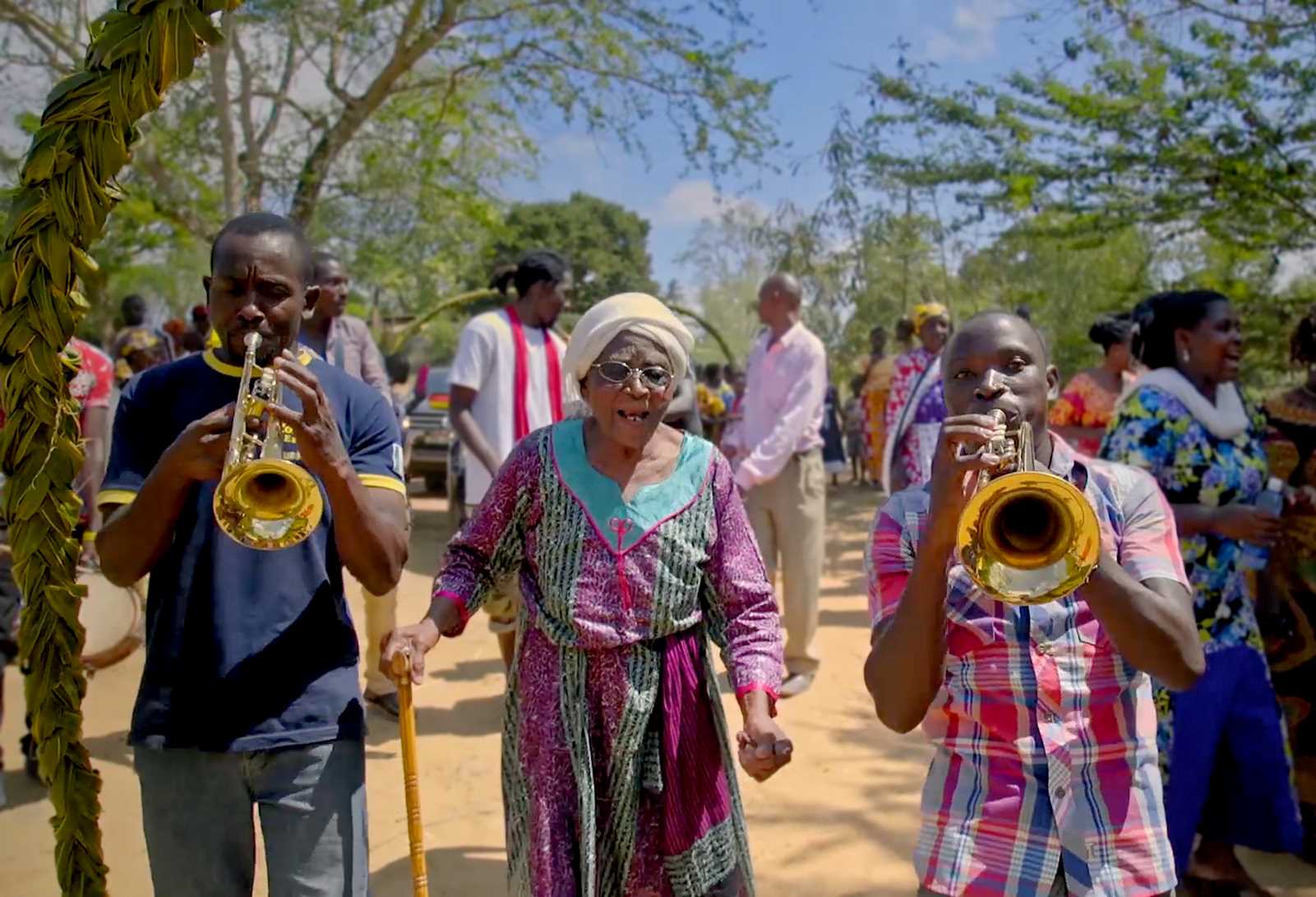Summer Special
“Being enemies made us friends”

The book has autobiographic qualities. The first-person narrator is Lizzie Doron herself, an elderly writer, who meets a younger Arab-Palestinian journalist at a peace conference in Rome. Both are human-rights activists, both work for peace. Nonetheless, their direct interaction is marked by mutual prejudice. It starts with the fact that Nadim Abu Heni, the photo journalist, is late for their panel show at the peace conference. “Typically Arab, they are always late,” Lizzie thinks. When Nadim arrives, however, he tells the audience that he missed his flight to Rome because Israeli border police questioned him for several hours under the suspicion that he might be a terrorist. Lizzie realises that she needs to correct her first impression.
This pattern – realising prejudices and correcting them – continues throughout the book and throughout the friendship. Both become more aware of their preconceptions and both see the need to overcome stereotyped reactions, “typically Jewish, they always do xyz”, “typically Arab, they always want xyz”. Nadim visits Lizzie in Tel Aviv, and later admits that he had never been in the private home of a Jewish person before, and that he was afraid she might not open the door. When Lizzie welcomes Nadim in her apartment, he gives her roses, and she catches herself thinking: “Why flowers? Arabs always bring sweets.”
But in a bigger, political context, it is a challenge to put the differences aside. Lizzie has lost family members to the Holocaust. Nadim’s family was affected by the Naqba, the emigration of Arabs after the establishment of the state of Israel in 1948. Acquaintances and family of both are not happy about their flowering friendship.
Nonetheless, Lizzie and Nadim decide to make a film together. The book traces the efforts to realise this project. They encounter thousands of difficulties, including armed conflict and lack of money. The challenges reflect the real and imagined state of emergency in which Israelis and Palestinians both live.
Small things encompass the situation best. In the middle of the Gaza war in 2014, the two friends cannot meet. Lizzie lives in Tel Aviv, afraid of the first rockets which reach the city. Nadim is in East Jerusalem, worrying about his in-laws in Gaza. Lizzie writes a text message to Nadim, “How are you?” Nadim texts back: “In war, I feel like in a war.”
The book’s title stems from a scene where they both have dinner with an EU delegate, and Nadim tells her of the challenges he lives with – for instance, that his wife, who was born in Gaza, has only a tourist visa for living in Jerusalem and cannot visit her family in Gaza. “Kafka”, comments the EU lady, referring to the absurd and threatening situations that the Czech writer Franz Kafka describes in his novels. Nadim tells her how his wedding had to be postponed, because of a curfew in Gaza. “Kafka”, the lady repeats. She says so several times during the dinner. After she leaves, Nadim asks Lizzie: “Who the fuck is Kafka?”
The film that Nadim and Lizzie planned is never made, but they keep up their friendship despite officially being enemies. Regarding Israel and Palestine, at some point they decide that they live in the same lunatic asylum – only in different wards.











